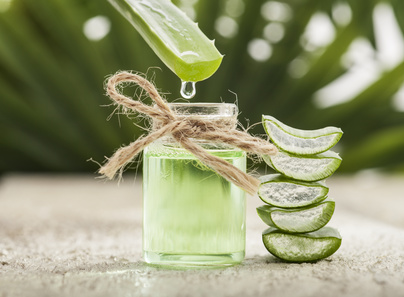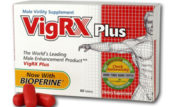News flash: vaginal lubricants give women pleasure, with less pain and heightened sensation. Not the latest in medical breakthroughs. But a recent study illustrates just how effective lubricants can be for women who suffer from vaginal dryness. So it’s all good news, right?
Not exactly. Lubricants are wildly popular, and as many a woman can attest, add pleasure to a dry moment. But not all lubricants are safe, or effective, and new studies link some common over-the-counter lubricants to tears in the vaginal walls and risk of infection.
Female enhancement creams and gels are natural products that use botanicals and amino acids to lubricate and stimulate blood flow to the genitals. Female enhancement creams perform the same functions as common lubricants, but as studies suggest, might side step the risks of pharmaceutical products.
More on that shortly. First, let’s establish that lubricants work. In a recent study, published in the November 2010 issue of the Journal of Sexual Medicine, researchers assigned one of six water or silicone-based lubricants to 2,453 women, between 18 and 68, who used the product for two weeks.
The women rated their levels of sexual satisfaction and any negative symptoms they encountered while using the products. And they got busy, with more than 10,000 acts of vaginal-penile penetration and over 3,000 acts of masturbation.
To no one’s surprise, the lubricants did magic things for the women who participated in the study, with more sexual pleasure and fewer negative symptoms, like pain and burning. What’s more, clear favorites emerged among the products. Water-based gels worked best, with just 3.1% of women reporting pain with water lubricants, compared to 9.7% for silicone-based products.
Water lubricants also reduced entry pain for women, with just 4.1% reporting pain upon penetration. Silicone products didn’t fare as well, with 10.6% of women experiencing pain, compared to 9.4% of women who used no lubricant during sex.
All lubricants produced more pleasure, however, with higher levels of reported satisfaction from sex than from women who didn’t lubricate with a product.
So what’s the problem? If water-based lubricants work so well, why the hesitation?
Because many common over-the-counter lubricants contain harmful petrochemicals, including nonoxynol-9, that can interact with microtears in the vaginal walls and increase risk of HPV and even HIV infection. Many lubricants also contain parabens, which are linked to various forms of cancer, and glycerin, the latter of which is associated with risk of yeast infection.
In addition, three common lubricants, FemGlide, Replens and Astroglide, damaged sperm in a study conducted in 2005, the results of which were presented at a joint meeting of the American Society for Reproductive Medicine and the Canadian Fertility and Andrology Society in Montreal of that year.
That said, there is an alternative to common lubricants and the health concerns linked to them. Female enhancement creams and gels employ vitamins, botanicals and amino acids that, when combined, produce the same pleasurable sensations and lubrication you’d get with common lubricants, but without the health concerns.
Some of the ingredients have been used since ancient times for their aphrodisiac and health-boosting properties. Ginkgo biloba, for example, is an herbal and antioxidant that improves circulation and increases blood flow to the genitals – both integral to the arousal process. And l-arginine is an amino acid that dilates blood vessels and forms nitric acids, for deep and multiple orgasms.
Few women would complain about that.
But female enhancement creams aren’t widely available. You won’t find them in many drug stores and will probably have to buy them online. That might deter women who prefer the convenience and name recognition of common products. But for health conscious women looking for a safe and effective lubricant, female enhancement creams and gels might be a viable option.
We protect your privacy, and we use cookies to optimize your experience. Continued use of the website means you accept our Cookie Policy and Privacy Policy.




